Why Jaguar Land Rover may pay cryptocurrency to helpful drivers
Motorists could earn virtual coins by reporting potholes and congested roads
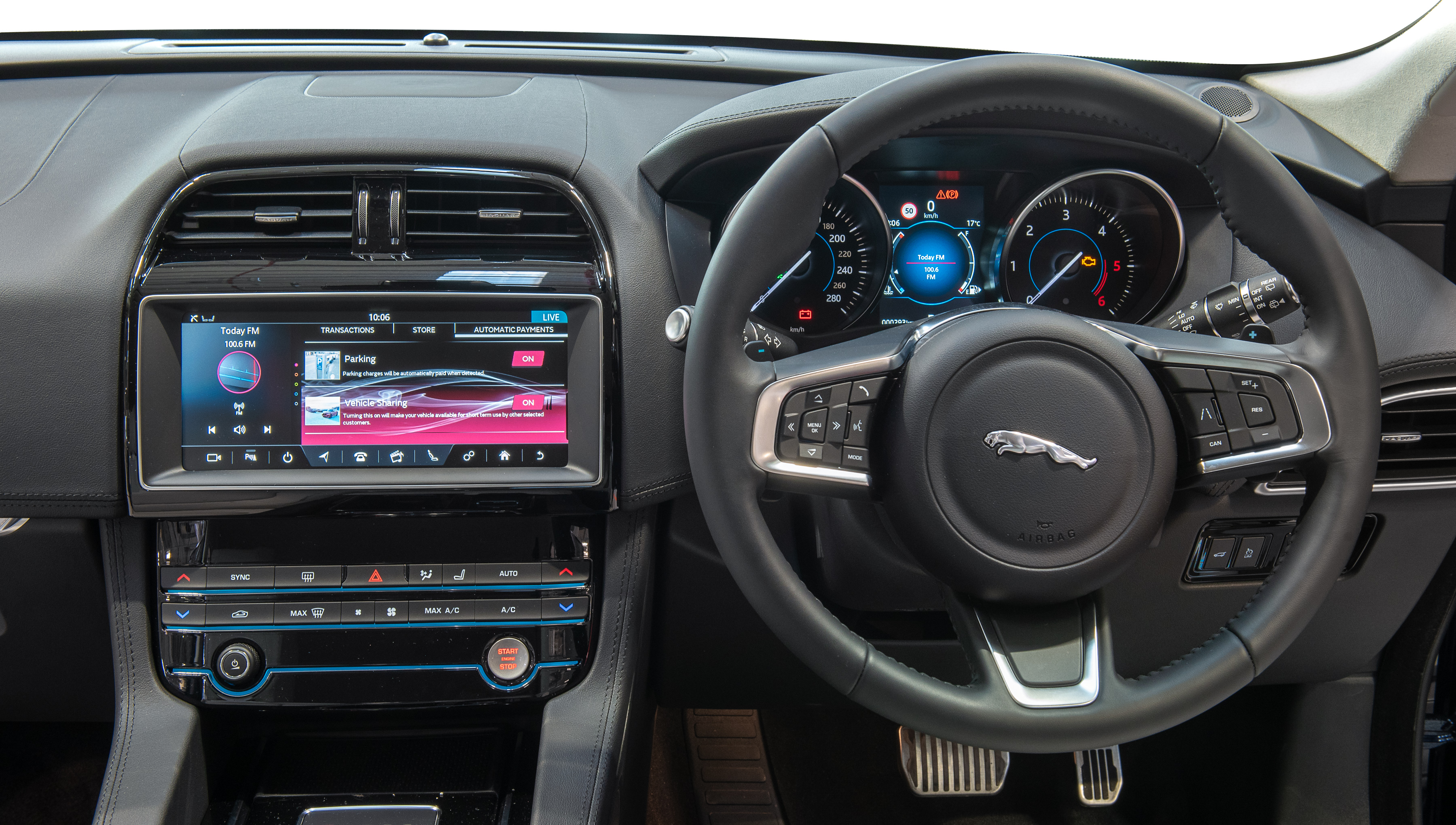
A free daily email with the biggest news stories of the day – and the best features from TheWeek.com
You are now subscribed
Your newsletter sign-up was successful
Jaguar Land Rover has announced plans to reward drivers who record information about their journeys with payments made in cryptocurrency.
The British carmaker is developing “smart wallet” technology that could be installed in its new vehicles, Reuters reports. A digital currency called Iota would then be paid into this virtual coin storage system every time the driver submits information on potholes or congested roads to navigation firms and local councils, the news site says.
The carmaker has yet to confirm how much drivers could earn, but news site Motoring Research claims that the car owners would be able to spend their digital money “on toll fees, parking, electric car charging – and even coffee”.
The Week
Escape your echo chamber. Get the facts behind the news, plus analysis from multiple perspectives.

Sign up for The Week's Free Newsletters
From our morning news briefing to a weekly Good News Newsletter, get the best of The Week delivered directly to your inbox.
From our morning news briefing to a weekly Good News Newsletter, get the best of The Week delivered directly to your inbox.
JLR claims the scheme will help cut down traffic and encourage local councils to improve road conditions. And if the plan were to reduce congestion, both vehicle emissions and the number of road accidents would also drop, the carmaker adds.
But Top Gear argues that the scheme is “flawed”. In Britain, “there are more potholes than there are traffic lights”, and councils just don’t have to cash to repair them all, the site says.
Despite such criticisms, JLR has begun trialling the system on roads around its engineering site in Shannon, Ireland, in a fleet of Jaguar F-Pace and Range Rover Velar test vehicles, Autocar reports.
Do other carmakers offer customers opportunities to make cash?
A free daily email with the biggest news stories of the day – and the best features from TheWeek.com
The practice of paying customers is a relatively new trend that few manufacturers have embraced as yet.
Last week, Tesla chief executive Elon Musk announced plans to launch a self-driving “robotaxi” service using the company’s current line-up of electric cars.
The service, which Musk hopes to launch next year, is similar to apps such as Airbnb, with car owners temporarily “loaning out” their autonomous vehicles while they pick up and ferry around passengers, The Daily Telegraph reports.
The tech tycoon said that drivers could make $30,000 (£23,100) a year under the scheme, with Tesla taking a 25% to 30% cut.
-
 Film reviews: ‘Send Help’ and ‘Private Life’
Film reviews: ‘Send Help’ and ‘Private Life’Feature An office doormat is stranded alone with her awful boss and a frazzled therapist turns amateur murder investigator
-
 Movies to watch in February
Movies to watch in Februarythe week recommends Time travelers, multiverse hoppers and an Iraqi parable highlight this month’s offerings during the depths of winter
-
 ICE’s facial scanning is the tip of the surveillance iceberg
ICE’s facial scanning is the tip of the surveillance icebergIN THE SPOTLIGHT Federal troops are increasingly turning to high-tech tracking tools that push the boundaries of personal privacy
-
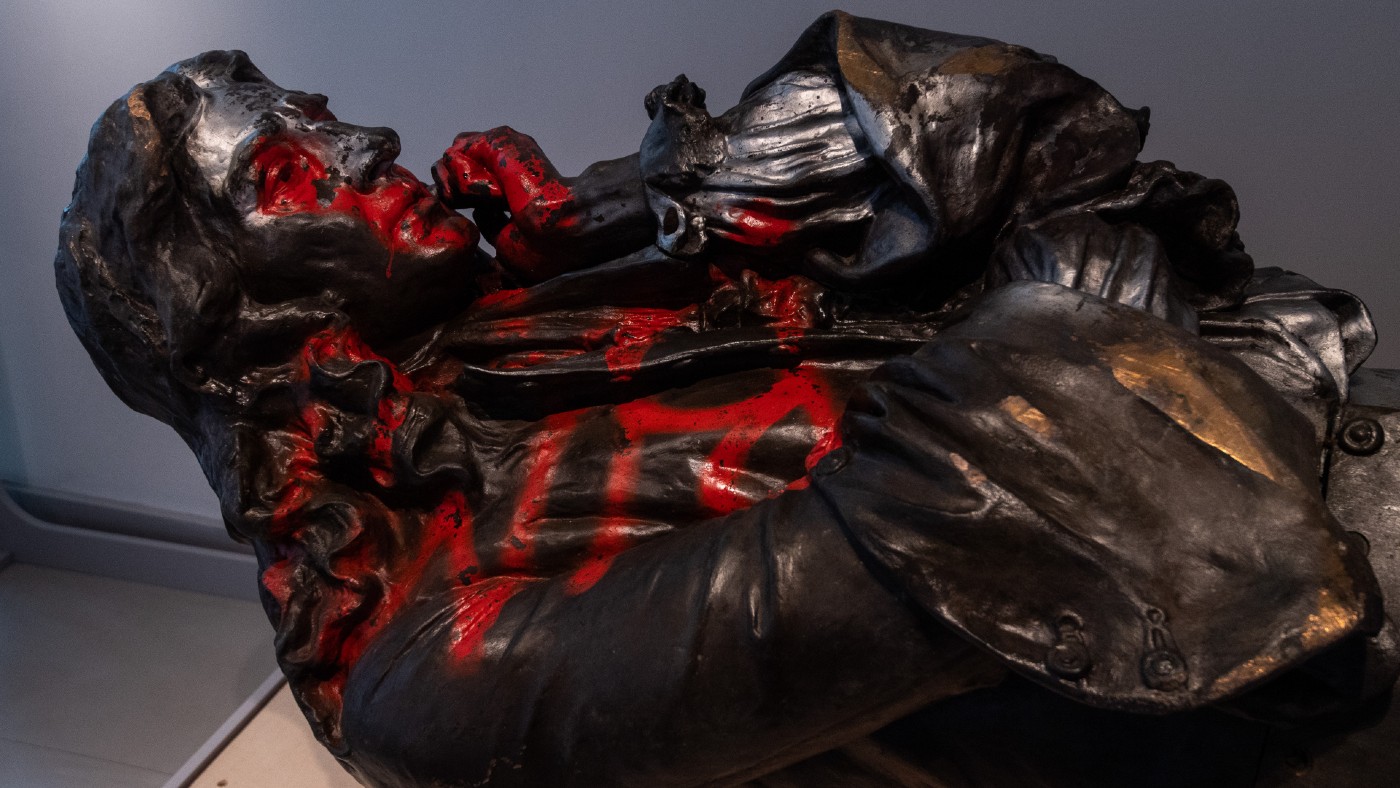 Works of art that made the news in 2021
Works of art that made the news in 2021In Depth From a $69m collage of digital images to the return of a Picasso nine years after a near-perfect heist
-
 The Out review: get a Range Rover Sport delivered to your door
The Out review: get a Range Rover Sport delivered to your doorThe Week Recommends Jaguar Land Rover’s premium service takes car hire to a luxury level
-
 Jaguar F-Type 2020: spy shots, electric options, specs and release date
Jaguar F-Type 2020: spy shots, electric options, specs and release dateIn Depth The British marque’s next-generation sports car has been spotted being tested near the company’s HQ in Coventry
-
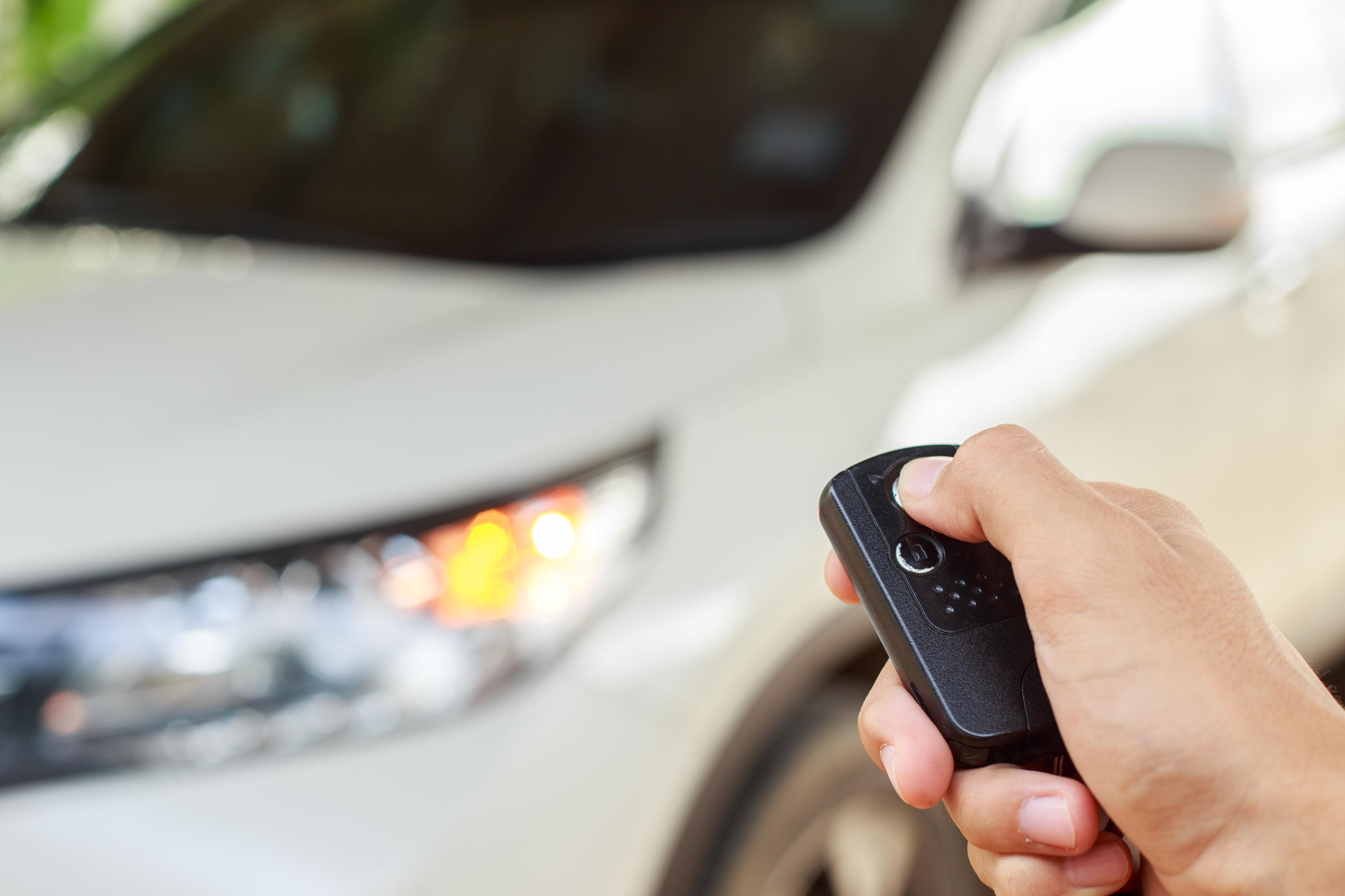 The seven new cars most vulnerable to keyless theft
The seven new cars most vulnerable to keyless theftIn Depth Study finds only four of the 11 vehicles tested can withstand ‘relay’ attack
-
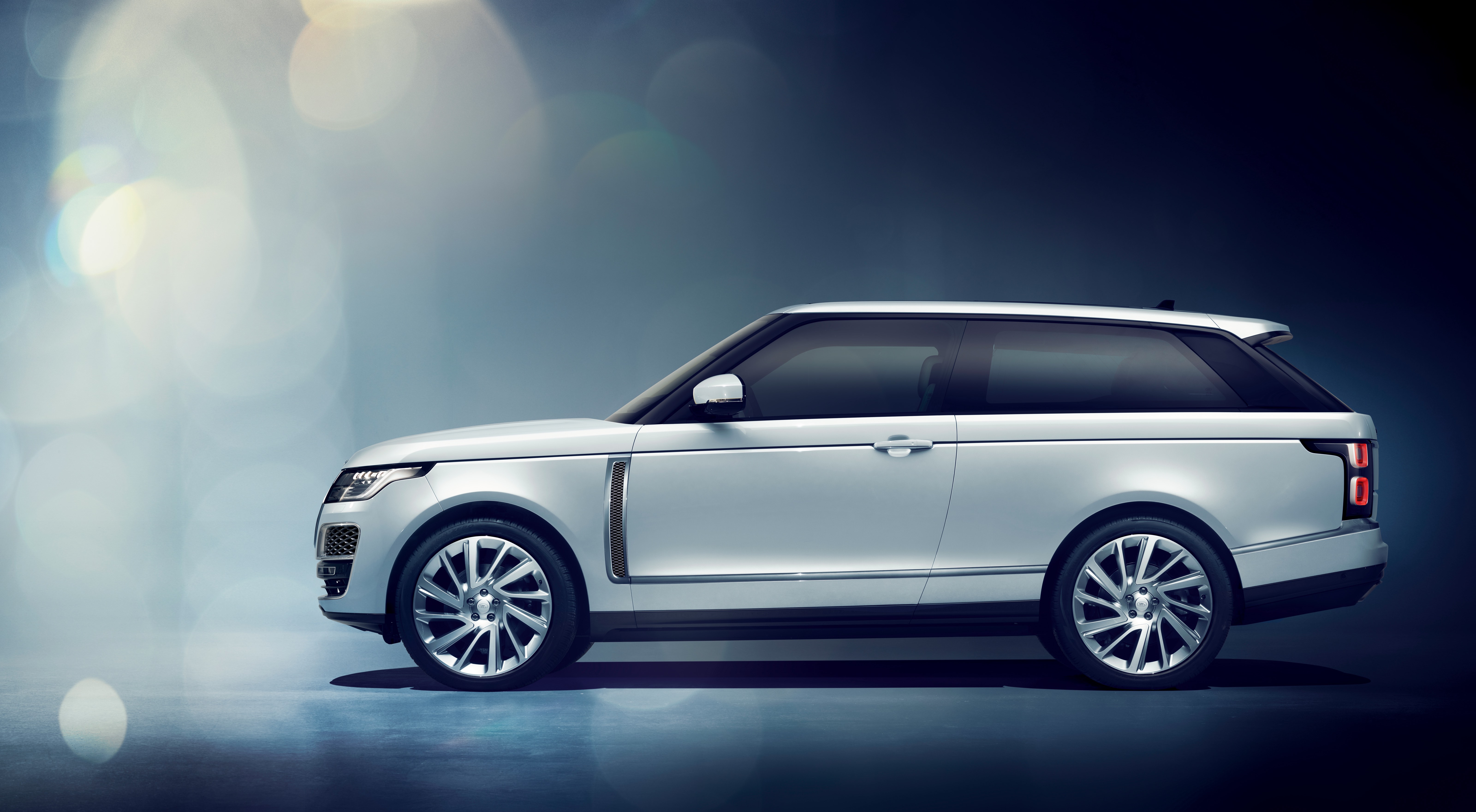 Land Rover pulls plug on £240,000 Range Rover SV Coupe
Land Rover pulls plug on £240,000 Range Rover SV CoupeSpeed Read British marque insists the cancellation was not about lack of demand
-
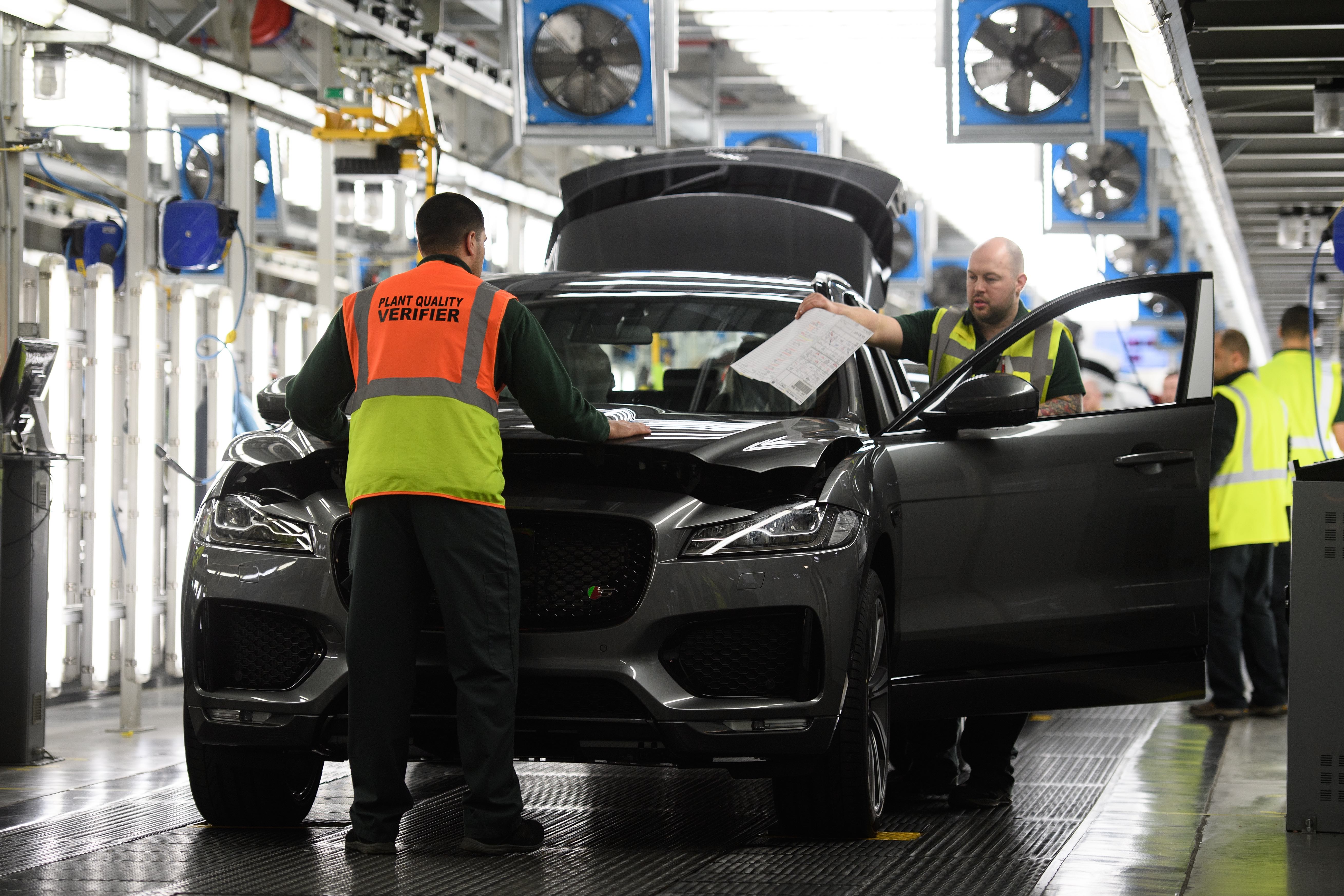 Jaguar Land Rover confirms 4,500 jobs axed
Jaguar Land Rover confirms 4,500 jobs axedSpeed Read Brexit fears, a slump sales in China and dwindling diesel orders lead to layoffs
-
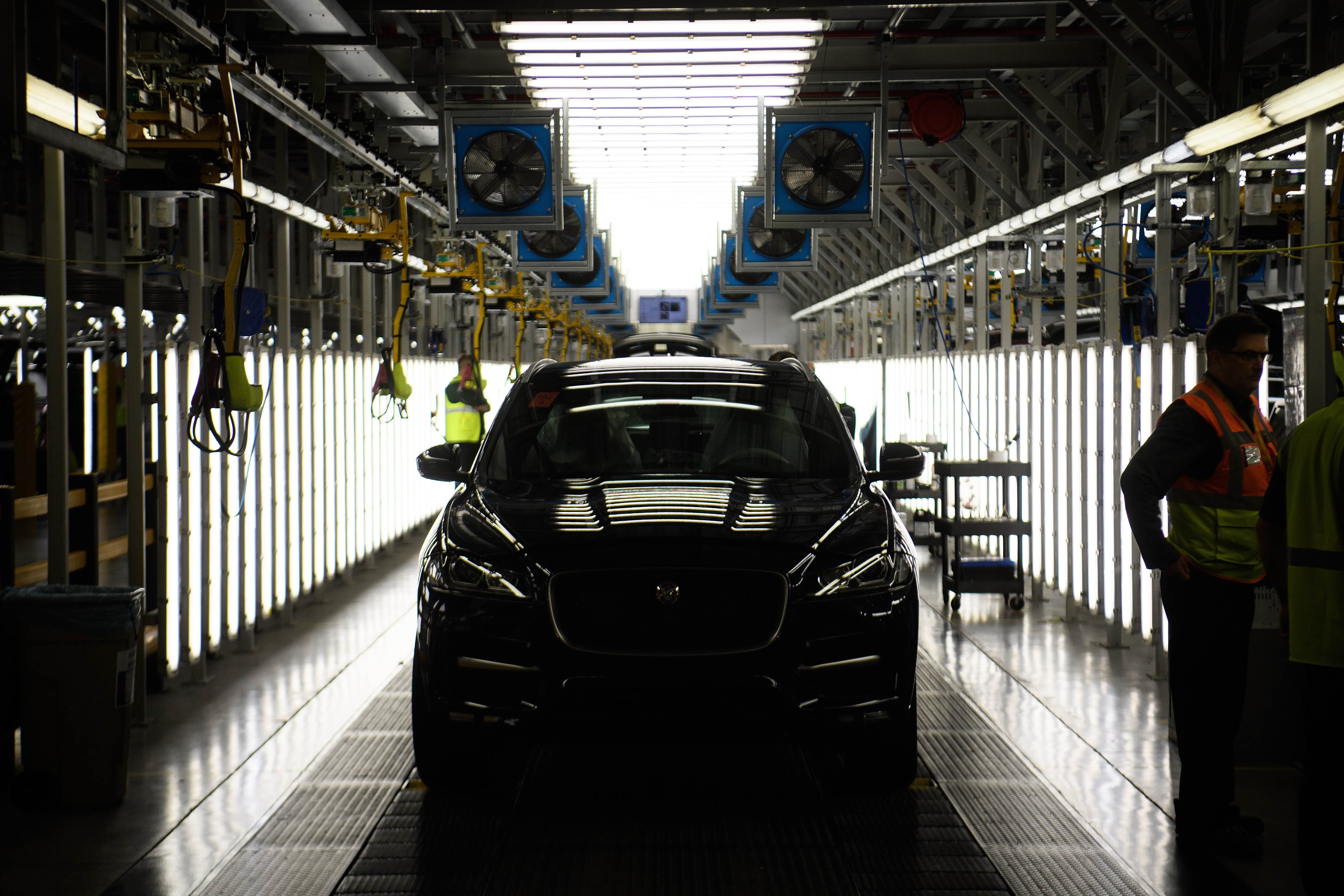 Jaguar Land Rover set to axe 5,000 jobs over Brexit and diesel fears
Jaguar Land Rover set to axe 5,000 jobs over Brexit and diesel fearsSpeed Read British marque has also been hit by sales slump in China
-
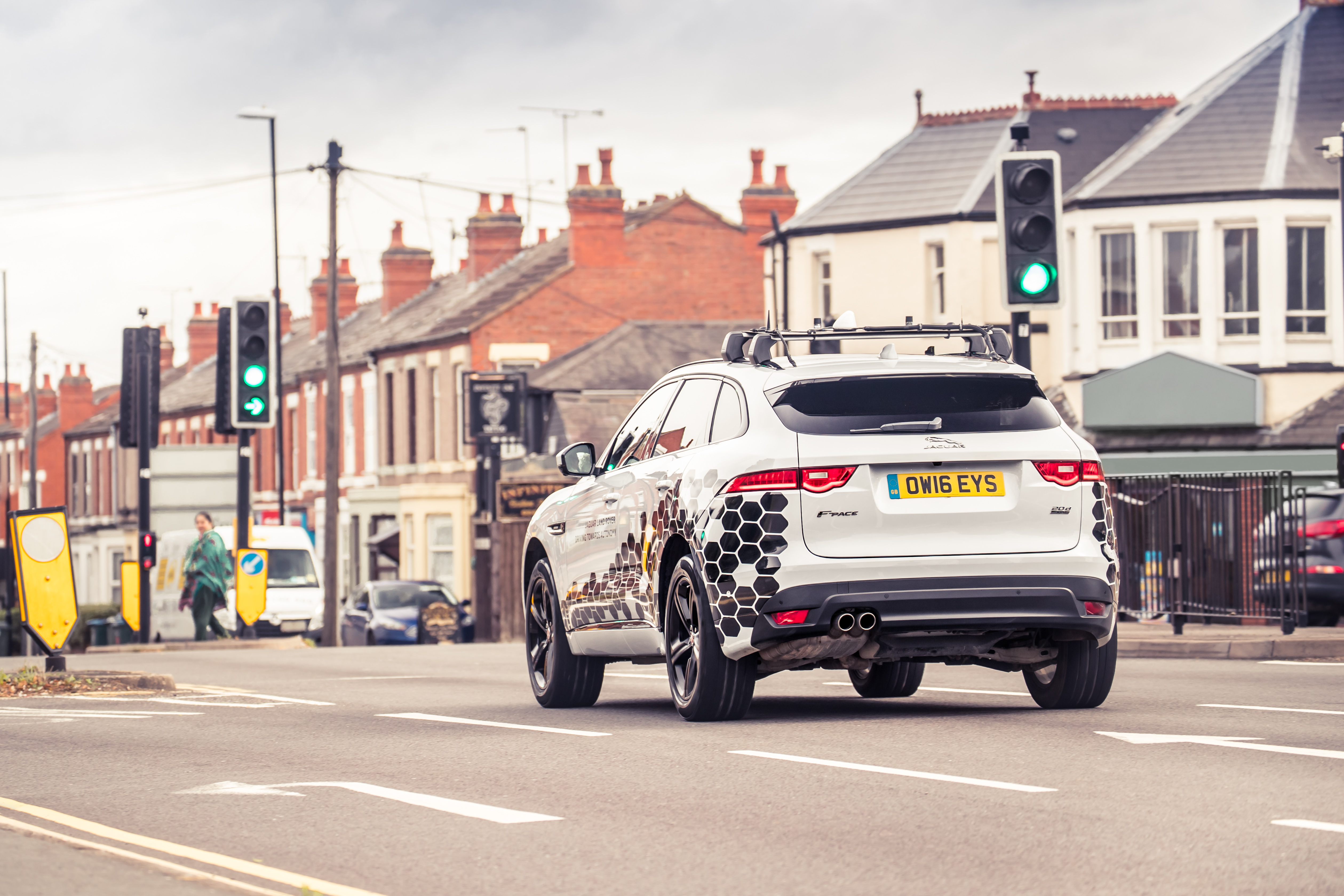 Jaguar Land Rover tech helps drivers avoid red traffic lights
Jaguar Land Rover tech helps drivers avoid red traffic lightsSpeed Read In-car system suggests the right speed to beat lights and avoid congestion